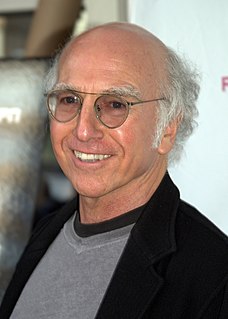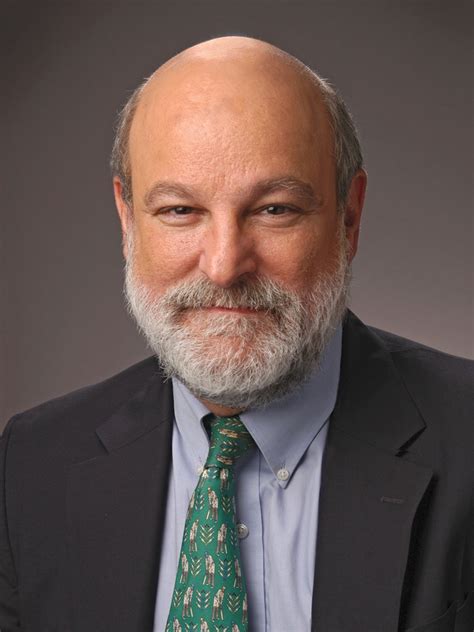A Quote by Cary Fukunaga
I binge write, basically. I do a lot of prep, research, setup. I'll have a pretty detailed outline. Sort of like a beat outline. And then I'll add little notes and dialogue ideas, and I'll just create a 20-page document.
Related Quotes
A lot of people think that they are really cool because they don't outline. In my writing group, they would say, "I will never outline. I let the characters take me." C'mon, man - I outline the story, but it's only like one page. It's a list of possible reversals in the story, like things where everything will just change because of this certain reveal or this certain action. Then I start really digging into the character because, to me, I don't care what the story is.
The 250-page outline for American Tabloid. The books are so dense. They're so complex, you cannot write like I write off the top of your head. It's the combination of that meticulousness and the power of the prose and, I think, the depth of the characterizations and the risks that I've taken with language that give the books their clout. And that's where I get pissed off at a lot of my younger readers.
Well, first you have to love writing. A lot of authors love having written. But I enjoy the actual writing. Beside that, I think the main reason I can be so prolific is the huge amount of planning I do before I start to write. I do a very complete, chapter-by-chapter outline of every book I write. When I sit down to write, I already know everything that's going to happen in the book. This means I've done all the important thinking, and I can relax and enjoy the writing. I could never write so many books if I didn't outline them first.





































